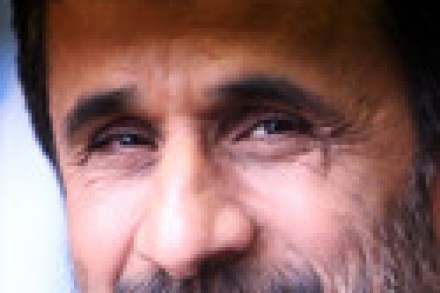The West’s intelligence deficit on Iran
At the headquarters of the Defense Intelligence Agency outside of Washington DC, there are no cardboard mockups of Iran’s nuclear sites that can be used for briefing the military on plans of attack. Instead, there is a very cool 3D map table that allows the viewer to fly into and through the many layers of the nuclear facilities. A movement of the hands can expand or contract the view from an image of an individual room to the perspective from an overhead satellite. On the basis of that briefing, an attack on Iran’s nuclear sites looks easy, right down to the dialing in of the depth at which a new
































